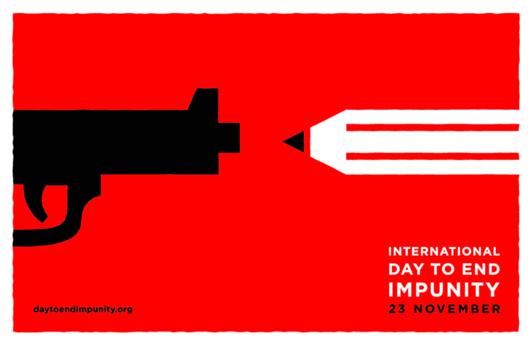We can talk all day about the complex histories, the rich cultures, the funny languages, and the delicious or obscure food that every place is made up of, but in the end, it always comes down to the people. For a true traveler, what really matters are the people you meet along your journey whether it's the brief encounters with inconsequential strangers or the unforgettable moments with strangers who turn to life long friends.
As one blogger on the Matador Network so wonderfully wrote, "despite the reasons why we end up in some dot on a map, it is always the people we share our time with that will define the place in our minds. Other travelers. Locals. The people we came with. Shared laughs. Shared suffering made eminently more tolerable because everyone is suffering together. Hour long conversations about the meaning of life using a few shared words and hand signals." Inspired by that, I thought I'd share a few faces in the crowd that have given shape and depth to the places on my map...
Sylwia and I up top Mount Pilatus
Sometimes you meet people you just instantly click with. Sylwia's one such person. We met three years ago while studying abroad in the Czech Republic, traveled one weekend to Berlin, and have been travel buddies ever since. It makes all the difference in the world to be traveling around with someone who shares your travel style, who can withstand your "quirks", who's interested in seeing the same things you are and who revels in the same simple pleasures as you do...or even better, somebody who can teach you to open your eyes and heart to something entirely new.
The good people of CMFR marching at the International Day to End Impunity
The Philippines is one of the most dangerous countries to work in for journalists but the people from the Center for Media Freedom and Responsibility, a non-profit media monitoring organization, is fighting against that. In November 2011, I decided to go back to my home in the Philippines and volunteer with them. I hadn't been back in nearly a decade, but Kat, John, Melai, Bryant, Sheila, and the rest of the CMFR team made me feel so welcome. They taught me so much about the Filipino press system and the culture of impunity that plagues the country, but also the amazing people who are working hard to change the system.
My little family in Florence
Sometimes you just totally and completely luck out with your choice in accommodations. Sylwia and I met Christene, Eoin, Kathleen, and Katy (L to R) at the Dany House in Florence and it was all love from the get go. This shot's from one of the most amazing and memorable nights in my travels...watched a sunset with a panaromic view of Florence, ate cheese, drank wine, and obnoxiously sang 90s hits all night. Just one of those picture perfect days to last a whole lifetime, you know? (Cue Jay-Z's version Forever Young here...)
Theavy at a non-profit fair trade event
Theavy is one of the sweetest people I know and we met while I was backpacking the streets of Phnom Penh. She works at Mekong Quilts, a social enterprise offering sustainable employment to women in the village of Rumdou in Svay Rieng province, and we struck up a conversation immediately about our work in the non-profit sector. She invited me to an event where I got a first hand glimpse of the huge and vibrant fair trade network in Phnom Penh. Our friendship continues through email as we keep each other updated on non-profit life in Cambodia and Canada, continuing that cultural exchange despite the geographic constraints.
Goofing around with the OG crew
Now I know technically this one doesn't count as I didn't meet these crazy people on my travels, but rather here at home in Toronto. It's people like the entire Operation Groundswell crew (at home and abroad) that are the reasons why I travel. The open mindedness, the readiness for whatever adventure awaits, the social awareness, the genuine kindness...
...and of course there are those who I didn't manage to get a picture of but whose faces have added even more color to the video reel of my adventures I often replay in my head And so, whether by chance or by design, I welcome and look forward to the friends I've yet to meet on my future travels...here's to more conversations, to more dancing, more laughing, more drinking, more singing.






